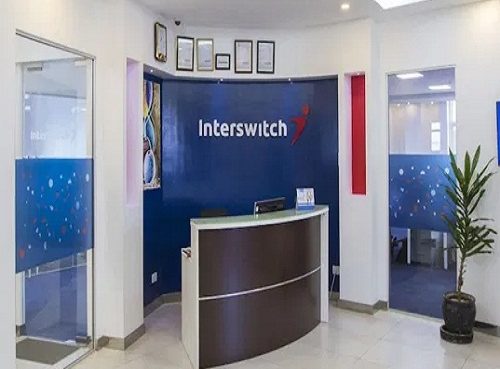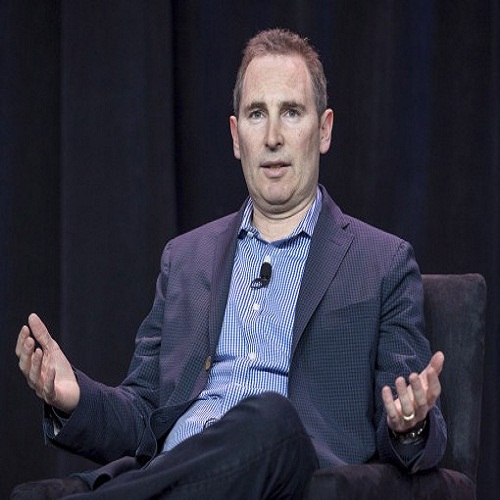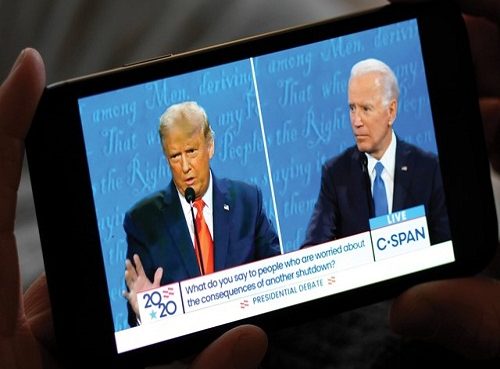In 2017, African eCommerce giant, Jumia, launched JumiaPay, its mobile money option, five years after it had first launched. In a statement on its launch, then co-CEO Jeremy Hodara said the objective was to “provide a safe, secure and convenient shopping experience to our customers.”
While novel in Africa at the time, the model has since been adopted by Nigerian startups as they attempt to capture more market share. If you’re wondering what this model is, it is embedded finance.
An embedded finance play involves a company, usually not a financial institution, offering a financial service in addition to its existing offers.
For example, a fashion eCommerce startup could add a wallet that users can use for payments, a lending feature that lets them get loans or an insurance feature to insure expensive purchases.
For businesses, the benefits are massive. Using our previous example, the eCommerce startup could witness fewer cart abandonments if customers do not have to use external payment methods. They could also see more people buy from them due to the lending feature.
On the other hand, customers experience ease while using different services and could get access to products they may have been unable to afford previously. Whichever way you look at it, embedded finance seems like a good deal for everyone involved, so how does that affect financial inclusion in Nigeria?
According to the World Bank, financial inclusion means that businesses and individuals have access to financial products and services that meet their needs responsibly and sustainably.
These needs include the ability to save, make payments, access loans, and get insurance. In a 2021 EFInA study, only 45% of Nigerians had a bank account, with the majority of them living in urban areas.
71% of urban adults have a bank account compared to 40% in rural areas. This disparity also shows in the gender of bank account holders, with 57% of men having bank accounts compared to 45% of women.
One of the reasons for the inability of Nigerians to open bank accounts is the hassles of getting a Bank Verification Number (BVN). Currently, only banks that are often absent in rural areas can assign BVNs.
Per the Nigeria Inter-Bank Settlement System (NIBSS), only 54,169,047 Nigerians have a BVN. While the CBN has launched BVN 2.0 to cater to people who don’t have all the basic requirements, numerous Nigerians are still unable to get one.
With more than half of Nigerians under 18, this figure suggests that over 40% of Nigerians are excluded from using financial services. However, considering financial inclusion can be achieved in other ways besides using a bank account, this may not be an accurate representation of financial inclusion in Nigeria.
Source: Techpoint










